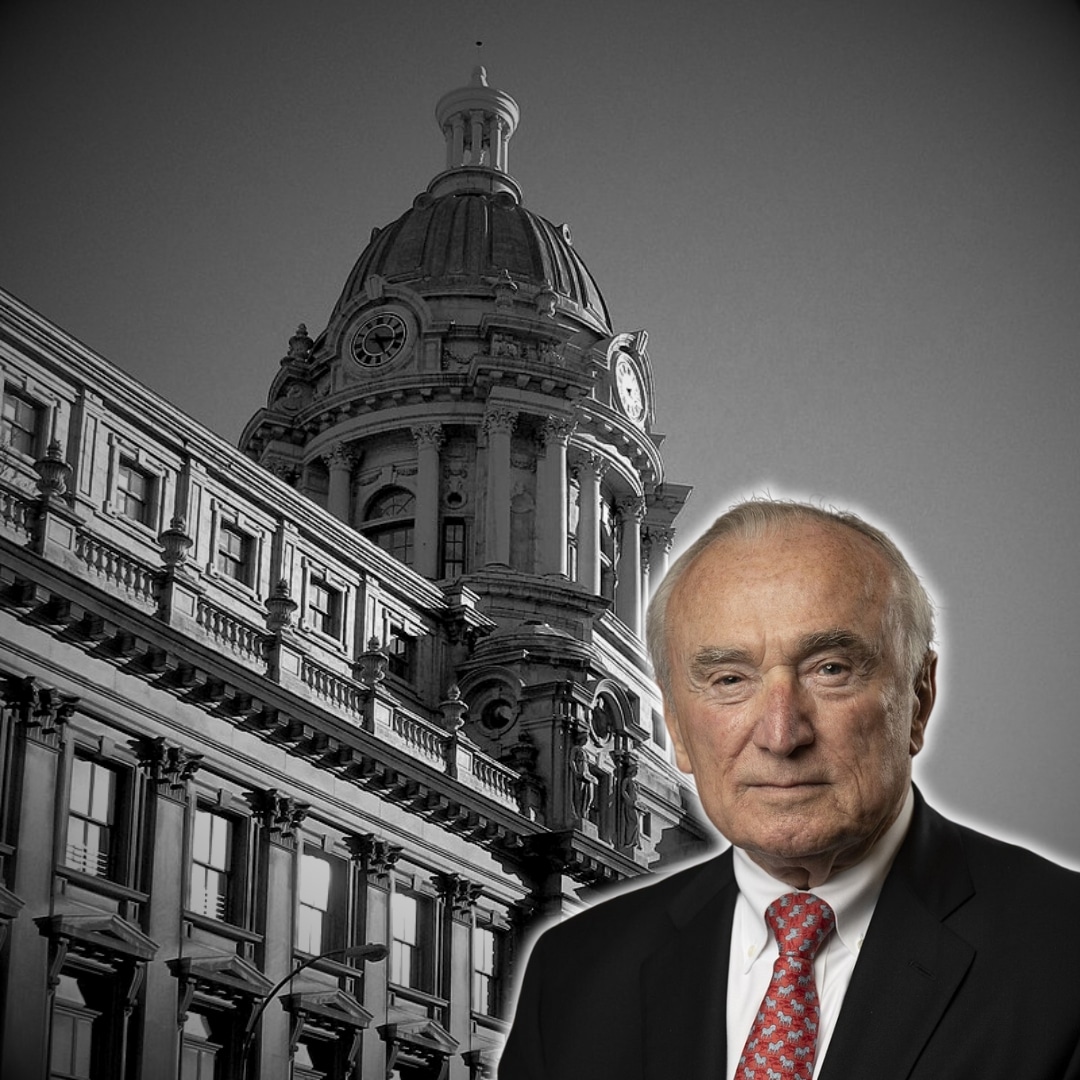
William Bratton is a legendary figure in the history of American law enforcement. His tenure at the helm of several of the nation's largest police departments marked a seismic shift in policing strategies, ushering in an era where data-driven approaches and community engagement became the bedrock of crime prevention and reduction.
William Bratton began his illustrious career in law enforcement with a forward-thinking approach that would challenge and ultimately reshape the landscape of American policing. His early years in the Boston Police Department laid the groundwork for his innovative strategies. Furthermore, a staunch refusal to accept the inevitability of violent urban crime marked Bratton's ascent in the policing community. When he took the helm as the New York Police Commissioner, Bratton brought with him a vision for drastic crime reduction and a renewed sense of accountability in the NYPD.
Under Bratton's leadership, the NYPD witnessed a remarkable transformation. Consequently, Bratton revolutionized crime data analysis and utilization by introducing the Compstat system. Remarkably, felony crime in New York City plummeted by an unprecedented 80%. Furthermore, Bratton also oversaw the implementation of "broken windows policing", a strategy that addressed minor crimes to prevent larger ones, thereby bolstering community safety.
His efforts were not only transformative in terms of crime reduction but also in promoting a new era of professionalism within the NYPD, which included a reduced reliance on lethal force
Building upon his innovative groundwork in the Boston Police Department and the subsequent transformation of the NYPD, Bratton introduced and championed several key policing philosophies that profoundly influenced law enforcement practices throughout America.
As NYPD Commissioner, William Bratton employed strategies that challenged the inevitability of violent urban crime, emphasizing that police departments could, in fact, make a significant difference.
Under Bratton's leadership, the New York City Transit Police and later the NYPD adopted a data-driven approach that set public targets for crime reduction. Consequently, New York City saw an 80% drop in felony crime.
Community policing became a centerpiece of Bratton's philosophy, promoting partnership between the police force and the community it served, thereby enhancing public safety.
Bratton's commitment to accountability and professionalism transformed the NYPD into one of the most professionally managed police departments, setting a precedent for law enforcement nationwide. The public's support for his methods, including the concept of broken windows policing, was instrumental in the sustained crime decline.
Bratton's strategies effectively dispelled the fatalism surrounding urban crime, underscoring the responsibility of law enforcement to actively pursue and measure improvements in public safety.
The transformative approaches to law enforcement pioneered by Bratton have left an indelible mark on American policing, reshaping strategies and practices in departments across the nation.
As the commissioner of the NYPD, William Bratton introduced fundamental changes to the criminal justice system that emphasized accountability, data analysis, and community engagement. The Compstat system revolutionized crime reporting. In fact, Compstat changed crime reporting which led to a significant decrease in violent crime.
Bratton's tenure not only with the New York City Transit Police but also with the Los Angeles Police Department demonstrated his ability to address complex challenges, including racial tension and entrenched criminal activity. His strategies spearheaded a revolutionary impact on crime reduction, setting a precedent for future policing efforts.
In fact, the NYPD, under Bratton's leadership, became a model of professional management, adopting aggressive crime reduction strategies that proved effective in curbing both violent and property crime.
The legacy Bratton leaves behind is one of transformation and innovation—a law enforcement landscape that now prioritizes precision policing, collaborative efforts, and a strong bond with the communities it serves. His influence remains a benchmark for reform and effectiveness in policing practices nationwide.
William Bratton's tenure as a police leader marked a transformative era in law enforcement, characterized by innovative strategies and a significant reduction in crime rates.
The implementation of Compstat and a focus on accountability and community engagement have left a lasting legacy on American policing.
Bratton's influence reshaped the operational landscape of police departments, fostering a more professional and data-driven approach to crime prevention that continues to guide contemporary policing practices.